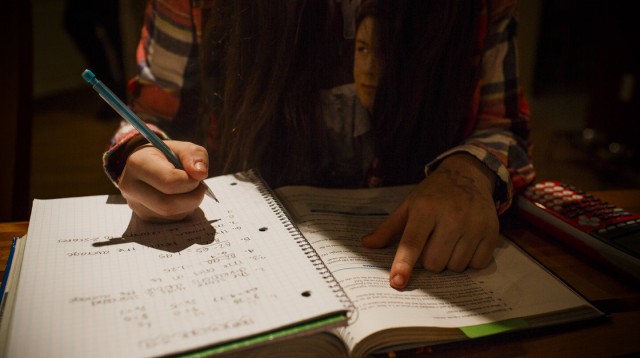
When high school junior Nora Huynh got her report card, she was devastated to see that she didn't get a perfect 4.0.
Nora "had a total meltdown, cried for hours," her mother, Jennie Huynh of Alameda, Calif., says. "I couldn't believe her reaction."
Nora is doing college-level work, her mother says, but many of her friends are taking enough advanced classes to boost their grade-point averages above 4.0. "It breaks my heart to see her upset when she's doing so awesome and going above and beyond."
And the pressure is taking a physical toll, too. At age 16, Nora is tired, is increasingly irritated with her siblings and often suffers headaches, her mother says.Parents are right to be worried about stress and their children's health, says Mary Alvord, a clinical psychologist in Maryland and public education coordinator for the American Psychological Association."A little stress is a good thing," Alvord says. "It can motivate students to be organized. But too much stress can backfire."
Almost 40 percent of parents say their high-schooler is experiencing a lot of stress from school, according to a new NPR poll conducted with the Robert Wood Johnson Foundation and the Harvard School of Public Health. In most cases, that stress is from academics, not social issues or bullying, the poll found.


9(MDAxOTAwOTE4MDEyMTkxMDAzNjczZDljZA004))